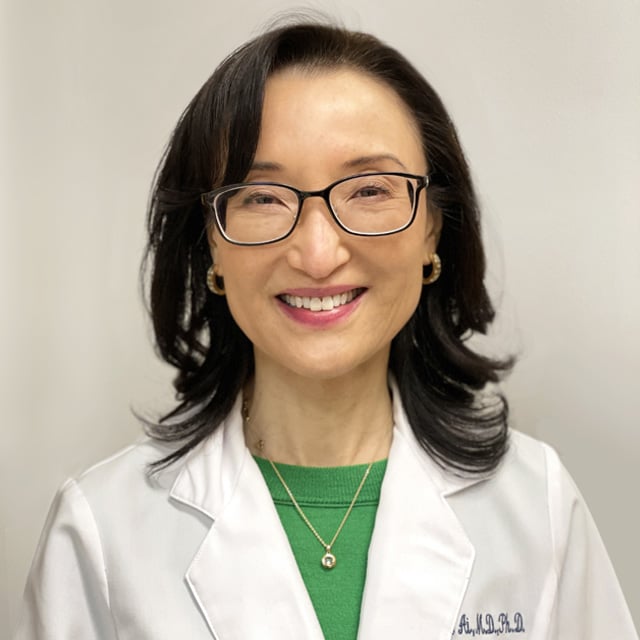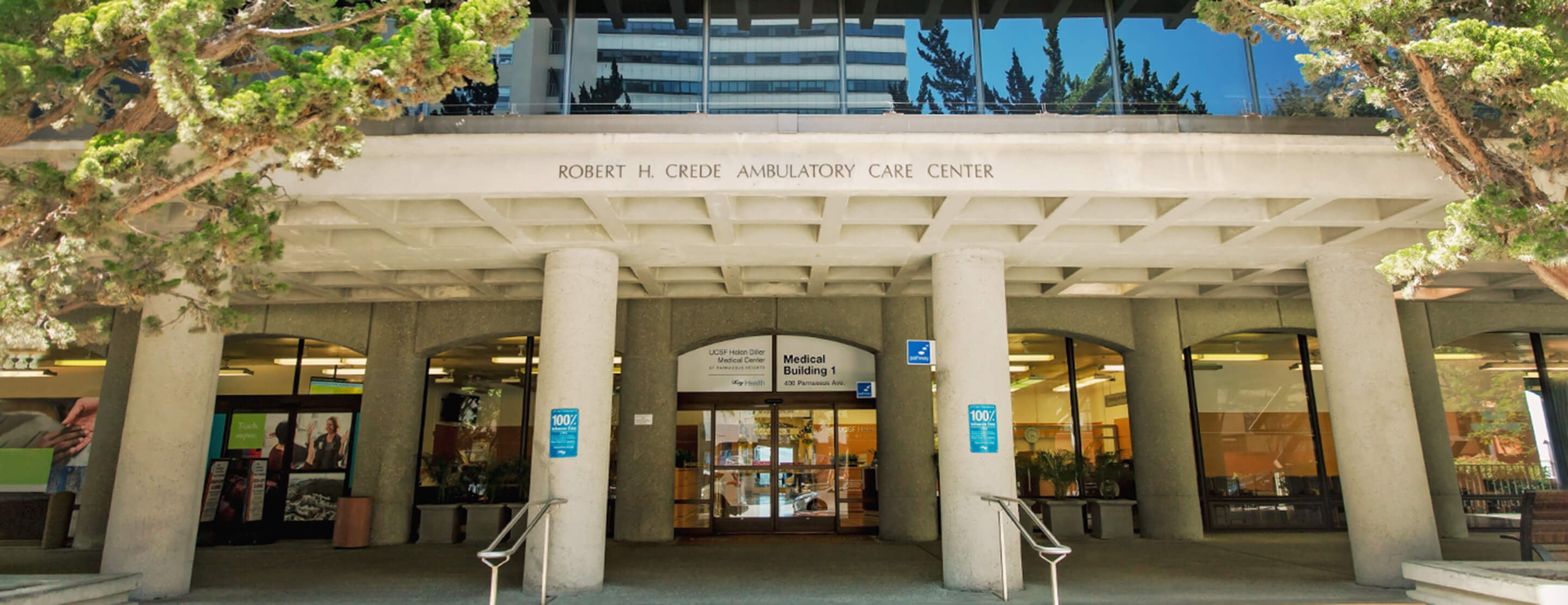
Hematology, Blood & Marrow Transplant, and Cellular Therapy (HBC) Program
The UCSF Hematology, Blood and Marrow Transplant, and Cellular Therapy (HBC) Program is dedicated to providing the most advanced treatment options with care and compassion. Our acclaimed program draws patients from throughout the United States and abroad who seek exceptional and innovative treatment from providers specializing in blood disorders and cancers.
UCSF is also home to a robust research program for hematology, BMT and CAR T-cells. Patients may have the option to participate in clinical trials, including studies of cutting-edge immunotherapy treatments, such as tumor vaccines and CAR T-cell therapy.
CAR T-Cell Therapy
Our clinical and research teams are internationally renowned for their pioneering work in cell-based immunotherapy for cancer. UCSF gained a unique place in the history of cancer immunotherapy when UCSF-affiliated physicians and scientists initially developed and tested the first FDA-approved checkpoint inhibitor ipilimumab (Yervoy) in patients in 2011. We continue to work at the forefront of the field and are actively involved in CAR (chimeric antigen receptor) T-cell treatment and research.
FDA-approved CAR T-cell therapy uses a patient's immune system to fight certain cancers. The therapy is a one-time treatment used when those cancers have resisted all other therapeutic options or have recurred more than once.
CAR T-cell therapy has resulted in long-term remissions for many patients with B-cell non-Hodgkin's lymphoma, B-cell acute lymphoblastic leukemia, and mantle cell lymphoma. Research is ongoing to evaluate it as a treatment for other blood cancers, including multiple myeloma, and solid tumors of the breast, prostate, brain, lungs and other organs.
Comprehensive Cancer Center
As part of the UCSF Helen Diller Family Comprehensive Cancer Center, we offer our cancer patients access to many services, including support groups, exercise and mindfulness classes, psychosocial support, symptom management and much more.
Parker Institute for Cancer Immunotherapy
Our program is a member of the Parker Institute for Cancer Immunotherapy, a consortium made up of 10 of the world's leading cancer centers. Its mission is to turn cancer into a curable disease by accelerating the development of breakthrough immune therapies.
Learn more about clinical trials and how they work.
Our locations
Patient education
Our team
Clinical trials
A Multicenter Access and Distribution Protocol for Unlicensed Cryopreserved Cord Blood Units (C...
The primary objective of this access and distribution protocol is to examine the incidence of neutrophil recovery of ≥500/mm3 after cord blood transplantation in a multi-institution setting using CBUs that are not FDA licensed.
Recruiting
Anti-BCMA Chimeric Antigen Receptor T Cells for Relapsed or Refractory Multiple Myeloma
Proportion of participants with treatment-emergent adverse events of CAR-T as graded by National Cancer Institute Common Terminology Criteria for Adverse Events (NCI CTCAE) version 5.0, revised cytokine release syndromeCRS grading...
Recruiting
Rituximab With or Without Stem Cell Transplant in Treating Patients With Minimal Residual Disea...
The Kaplan-Meier method will be used to estimate OS, including medians and confidence intervals. Comparison of OS between treatment arms will be conducted using a one-sided log-rank test stratified with mantle cell lymphoma Intern...
Recruiting
Pembrolizumab for the Treatment of Relapsed or Refractory Multiple Myeloma After Anti-BCMA CAR-...
The International Myeloma Working Group (IMWG) uniform response criteria will be used to assess disease response and progression. The response rate is defined as the proportion of patients achieving a partial response (PR), very g...
Recruiting
Identifying Best Approach in Improving Quality of Life and Survival After a Donor Stem Cell Tra...
The arm with the largest mean change in Functional Assessment of Cancer Therapy-Bone Marrow Transplant (FACT-BMT) from baseline to day 90. The Wilcoxon rank-sum test will be used to compare change in FACT-BMT between arms, and thi...
Recruiting
Rankings & achievements
-

Among the top hospitals in the nation
-

Best in Northern California for cancer care (tie)
-

blood and marrow transplants performed each year
-

Founded in 1986
Accreditations & memberships
-

National Cancer Institute
The National Cancer Institute has designated UCSF a comprehensive cancer center, its highest ranking. This designation is awarded to centers that demonstrate scientific excellence and the ability to conduct cancer research across many disciplines.
-

Commission on Cancer
UCSF's cancer programs have been accredited by the American College of Surgeons' Commission on Cancer (CoC) since 1933. The CoC is a consortium of groups dedicated to improving cancer patients' survival and quality of life via research, education and better medical care.
-

National Comprehensive Cancer Network
UCSF is a founding member of the National Comprehensive Cancer Network, an alliance of the world’s top cancer centers. The network brings together leaders in treatment and research to improve the quality, effectiveness and efficiency of cancer care.
-

FACT Accreditation
Our Hematology, BMT and Cellular Therapy Program is accredited by the Foundation for Accreditation of Cellular Therapy (FACT). FACT-accredited programs follow specific high-quality medical and laboratory processes when providing cellular therapies such as BMT.
Support services
Plan your visit
What to Bring
- Photo I.D.
- Health insurance card
- Insurance authorization, if required
- Doctor's referral, if required
- Recent test results related to your condition
- List of your medications, including dosages, plus any you're allergic to
- List of questions you may have
- Device or paper for taking notes
Related clinics
Our research initiatives
-

UCSF Helen Diller Family Comprehensive Cancer Center Research
UCSF is home to a range of research initiatives aimed at improving outcomes for cancer patients everywhere. This includes research on topics such as immunotherapy, BRCA mutations and molecular diagnostic testing.






























































